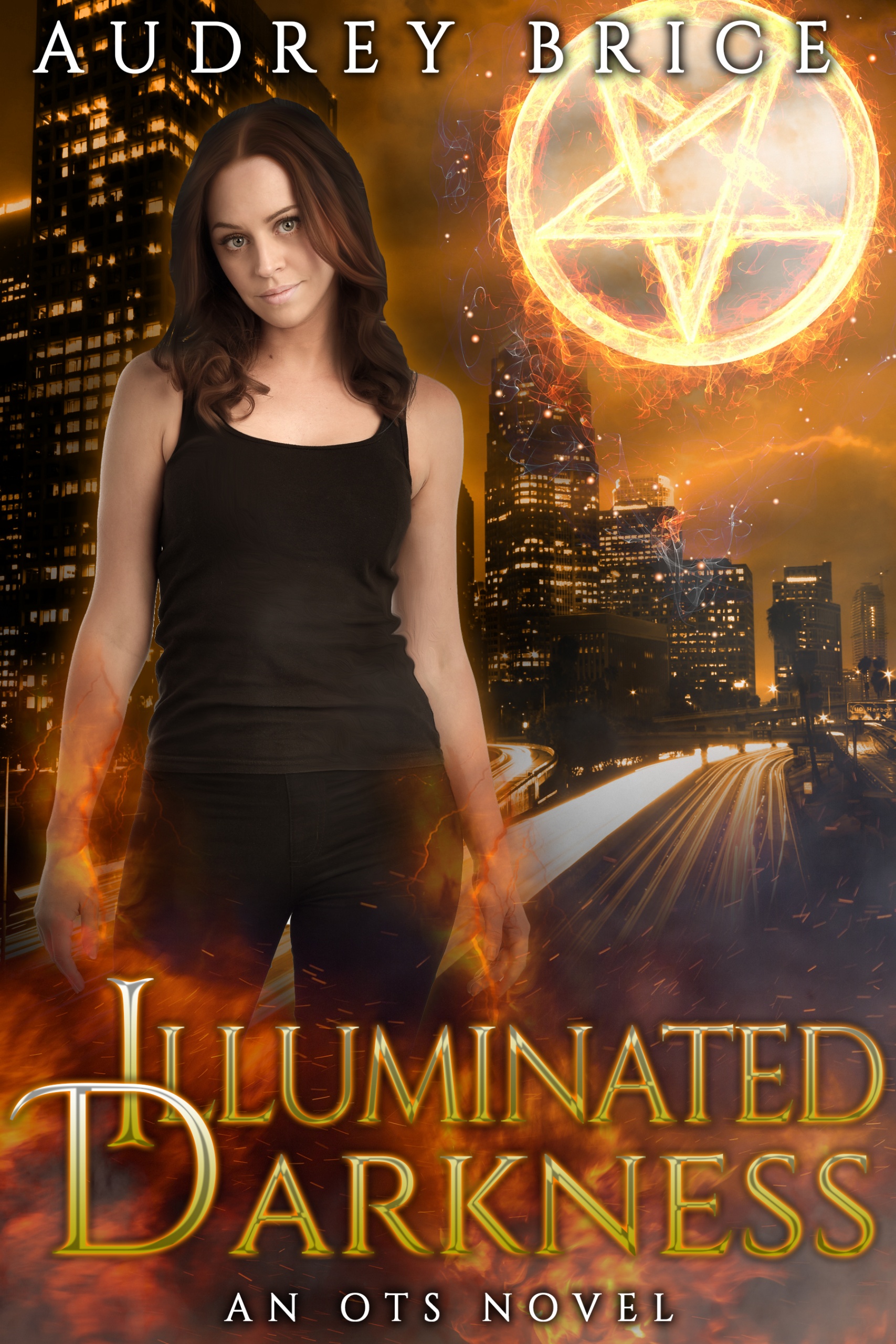Short Attention Span Reader
I’ve discovered something about myself. I’m one of those readers who has ADD. If you, as a writer, haven’t sucked me into your story in that first few pages it’s likely I’ll never read your book. This goes for both fiction and non-fiction. One thing I learned early on as a writer is your first scene needs to start in the middle of some action. Don’t give me a dull history lesson or an over-thought character observation about life, the self, or the outside world. I could give two craps. Drag me straight into the center of the action.
This is probably why I could never get through the vast tomes of early American literature. ::yawn:: That stuff reads like stereo instructions. Have you ever actually tried to sit down and read War and Peace? I assure you it could have been written in fewer words, been far more interesting, and still had literary merit. A lot of fantasy authors write those long, meandering, pretty metaphoric sentences (one after the other) too. Let me be honest for a second — ::snore:: !!!
This means that instead of:
Life is a curious thing. You could be living in the world, making it day-to-day, only to finally find yourself at your final hour staring death in the face. Jason wondered what his wife would do without him. Would his brother, who he hadn’t seen in five years, mourn him? Would his infant daughter wonder about him as she grew up? All of these things passed through his mind, fleeting, in what were probably seconds.
Or instead of:
The great Zandarin war spanned one-hundred-fifty long years leaving Mithra barren and Colcot even worse off. The Benordic hordes still controlled most of the badlands and the threat of war always loomed on a blood red horizon. Families destroyed and broken….
I’d prefer:
Jason smacked the green, snarling beast upside the head with his quarterstaff, but the beast pushed back and Jason lost his footing. He fell. That was it. He was dead and he knew it. He closed his eyes to fleeting images of his wife and daughter, and even his estranged brother. So it was true then. One’s life did come into clear perspective at the point of one’s death.
It’s the same way with non-fiction. Don’t bore me with the Ben Stein tone that goes something like:
Alchemical process, like the Phoenix, transforms the magician’s soul to the higher consciousness. Nestled under the wings of the fire bird the magician rises in Hathor’s splendor as divine, pure, and raw in energy as the Goddess intended. Rise in the flames of Ra resplendent, his chariot bolting across the sky in victorious symphony!
Blah, blah, blah. I want practical, useful knowledge.
Alchemical process can transform the self and help the magician more successfully know himself and further him on the path of his Great Work.
See how much more down to earth the second example is? It’s to the point, succinct, and doesn’t give you a headache. Of course I guess a practical, up front, and useful writing style doesn’t lend a great deal to page or word counts. It often takes me more work to reach count goals just because I do pride myself on being forthright. I also try not to insert a lot of filler. I’m convinced a lot of that “pretty language” is all about the fluff and fill rather than actual, useful content. I have read books where authors spend far too much time describing the clothing their character wears. In one particular book the author changed her character’s outfit twice (and explained both in explicit detail) in the first chapter. Needless to say I didn’t get past the first chapter of that book. It was tossed into the “donate” box immediately.
Yes, I get it. A lot of readers LOVE meandering details, spoon-fed description, pretty prose, and authors who ramble on for pages about a character’s clothing. Hell, Stephen King made a career out of it. At least King still knows how to tell a story without boring me though admittedly I do skim about half of each of his books because the spoon-feeding description annoys me. I have an imagination and I like to use it. Fine, tell me the character is wearing a tattered overcoat and black boots. No more description is necessary. My imagination has already figured it out.
For NF, I love a well placed metaphor or simile as much as the next writer, but books full of them make me want to kick the author’s ass. Why? Because the author concentrated more on “pretty sentences” than substance and information (i.e. content) and that annoys me. I buy NF books for information, not nonsensical rambling and meandering prose that never gets to the point. It reminds me of J.J. Abrams “Lost” — it never concludes, there isn’t really a climax, and the information is archaic and mysterious and you never know what the fuck is going on.
So there you are. I have ADD and there are a lot of readers like me out there. Of course there are a lot of readers not like me out there, too. ::shrug:: Just sayin’.



2 Comments
Morgan Drake Eckstein
Confession time—I believe that The Lord of the Rings needed a slight trim…down to a single book.
Steph
LOL! I hear you. I think you’re right. It could have been condensed significantly.